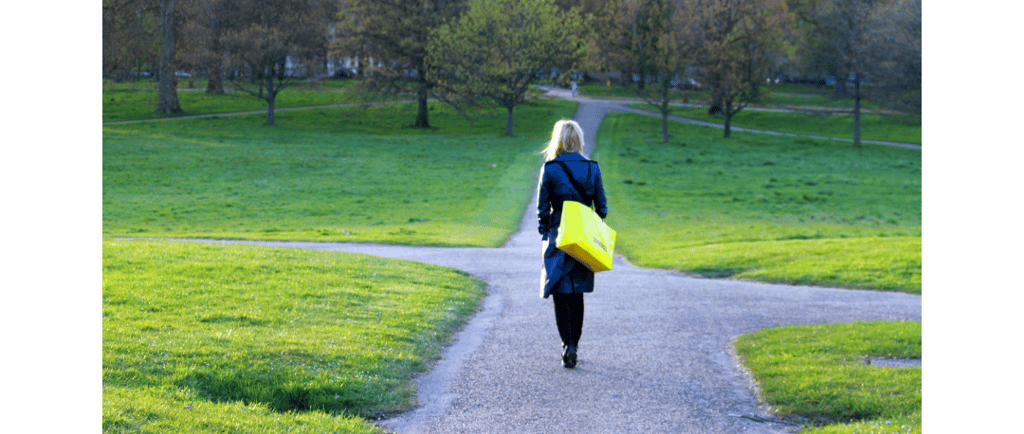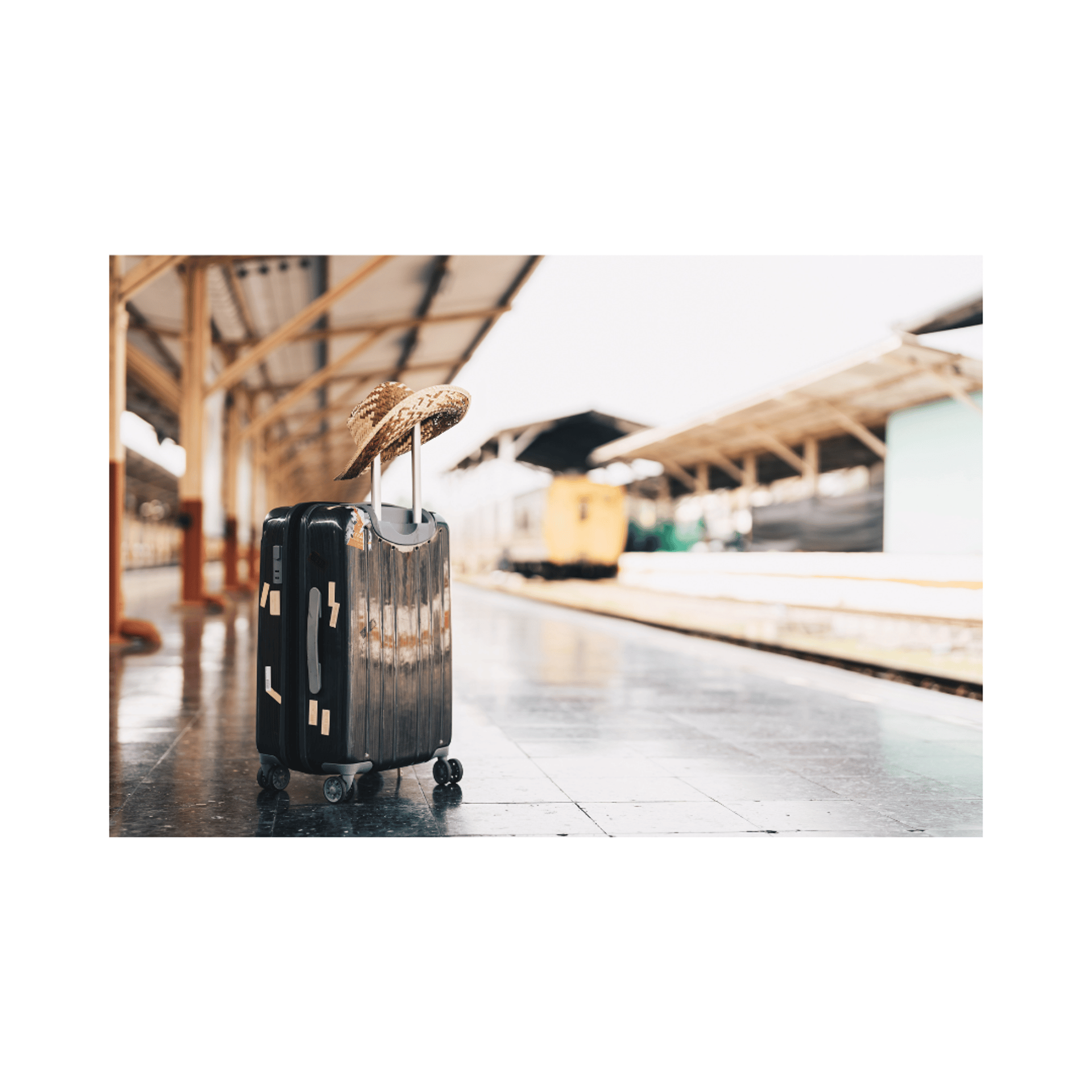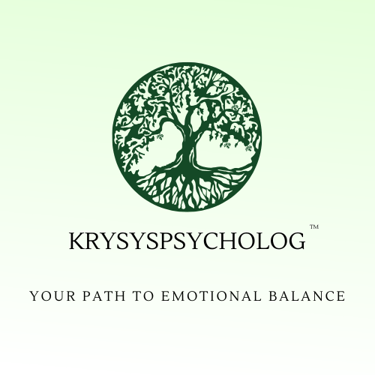Inner Choice Without External Support: How to Hear Yourself When Everything Falls Apart
Discover how inner choice can guide you through uncertainty and collapse. In this article, learn how to find inner stability and meaning when all external structures fall apart.
Iryna Khomenko
9/19/20256 min read


Emptiness as a Space of Choice
When the familiar structure collapses, a person finds themselves not just without support — but within a space that no longer acknowledges previous reference points. This is not merely a transition. It is an ontological pause in which old maps are erased, and new ones do not yet emerge.
Such a state is frightening. Everything that once gave shape to life — social logic, predefined paths, external validation — loses its power. And then, a person is confronted with emptiness as the primary backdrop of reality.
This emptiness is not an absence. It is a field where nothing has yet taken form, but everything remains possible. There are no signs, no guaranteed routes, and even the question “where to go?” feels misplaced.
Emptiness offers no direction. It demands inner initiation. Not “what to choose?” but “from which point within myself can I take a step?” — that becomes the real question in this state.
Here, the center of gravity shifts: choice is no longer shaped by external context. It arises from a bodily and meaningful resonance with the self. All that remains is breath, pulse, and a sense of internal coherence. Not “where to go?” but “where do I still exist?” — this is how choice begins to sound when everything external has become unstable.
The paradox of this emptiness lies in its appearance as hostile, while in fact, it holds the possibility of pure action. When the system dissolves, reaction loses its meaning. And thus, a space opens for a free gesture — not determined by the outside, not fixed by rules.
This is not escape, nor resistance. It is an act of existence in which a person acts for the first time not because “it must be done,” but because without this act, they cease to exist.
Choice is a From of Aliveness
In a stable system, choice appears to be a technical operation: comparison, calculation, prediction. A person selects from predefined options and rarely asks the deeper question: who is choosing?
But in conditions where the system no longer gives clues, where the contours of the future are blurred, and every decision can lead either to rescue or to a dead end — the very concept of choice is stripped to its essence. It is no longer a choice between “good” and “bad.” It is a choice between movement and disappearance.
In such moments, the question is less about where to go and more about whether to exist. To take a step — not because its destination is clear, but because not taking it means freezing, breaking away from the flow of life, becoming a spectator who has lost the ability to be present.
A living choice in the face of uncertainty is an act of preserving one’s own inner line. Even if the path is undefined, even if the movement seems illogical, even if the outcome is unclear — what matters is that a person still feels: “This is mine. Here I align with myself. Here I do not betray my rhythm.”
Such a choice may look strange from the outside. It may not fit expectations or align with the scripts of “success.” But it possesses a rare quality: it brings a person back to themselves. In chaos, where everything may be random, the only thing that can be true is what remains alive within.
Not a “correct decision,” but a gesture of presence — this is what becomes choice when there is nothing left to choose but yourself.
The Rejection of Collective Approval
In a stable society, where connections and rules are well established, approval becomes a quiet currency of survival. It is rarely declared, but it governs everything: the order of actions, the rhythm of decisions, the acceptable forms of doubt. A person learns to align not with themselves, but with the reactions of others: what will they say, how will they look, will they understand, approve, support? There is safety in this — but also danger: approval can become a form of inner servitude, training one not to feel, but to anticipate.
When the system collapses, collective approval is the first to disappear. It becomes either impossible, or — more often — controlling and conservative, demanding not a living response, but the continuation of the old order.
Those who begin to move in a new direction receive no confirmation. More often, they meet silence, confusion, or disapproval. And it is in this moment that one of the most difficult transitions emerges: to make a decision without applause. Not out of stubbornness, but because there is no other choice — not if one wants to remain whole. This refusal is not an act of defiance, not a challenge to society. It is not protest — it is liberation from dependence.
To exist does not mean to be aligned. To walk one’s path does not require being understood. To accept solitude as part of maturity means hearing yourself — for the first time — without an echo.
No chorus, no matter how well-meaning, can replace that moment of inner clarity: “I move forward. Not because someone confirmed it. But because I cannot do otherwise — without losing a part of myself.”
This is not an easy position. A person who rejects collective approval loses many forms of social comfort. But they gain something greater: the inner independence from the tone of others. And with it — the ability to hear their own truth, even if it is never recognized.
Intuition is a From of Orientation
When external maps vanish, logic loses its ground, and common sense spins in a void — the only remaining navigational tool is intuition. Not as a sudden flash of insight, nor as the opposite of reason, but as a deep way of sensing the structure of the world — not yet captured by words, but already accessible through the body, subtle perception, and the rhythm of inner resonance.
Intuition is not guessing. And not impulse. It is the ability to recognize a pattern before it takes shape — to hear the faint outline of meaning where the mind is not yet able to build a model. It relies on the memory of the body, on hundreds of unnoticed signals, on subtle mismatches between tone and content, between the environment and its tension.
Intuition captures not what is already known, but what is beginning to emerge — before it becomes defined. It becomes the support when there are no forecasts, no guarantees. When one cannot say “why,” but can still say: “I feel — this is where I can remain alive.”
Intuition speaks not in the language of conviction, but in the language of internal alignment: “Yes, this is inexplicable — but here, I am not abandoning myself.” It does not ask for evidence, nor require arguments. It is confirmed by only one criterion: a quiet inner clarity that arrives without effort.
Sometimes it leads off course. Sometimes — abruptly. Sometimes — with surprising simplicity. But those who have learned to trust it notice one thing: only intuition leads to places where movement is possible without inner betrayal.
The Fear of Stagnation Is Stronger Than the Fear of Mistake
There are fears that seem natural: fear of making a mistake, fear of loss, fear of the unknown. They are loud, visible, and often discussed.
But there is another kind of fear — silent, deep, almost unconscious. It doesn’t show up as anxiety, but as paralysis. It doesn’t urge escape — it whispers: do nothing. It hides behind phrases like “it’s not the right time,” “I’m not sure,” “I just need to wait a little.” And if left unrecognized, it becomes a habit: to postpone, to freeze, to stop living.
In times of instability, this fear becomes the most dangerous. Not because it causes panic — but because it causes stillness. And stillness is a form of disappearance. Not physical, but existential: the person stops acting, stops feeling, stops belonging to themselves. And in such moments, the most valuable thing is not the outcome, but the very fact of movement — not as escape, but as a way of continuing to exist.
It is here that choice becomes something more than a decision. It becomes a gesture that says: “I am still alive.”
Even if the path is unclear, even if it doesn’t lead to success — the mere act of choosing not to freeze means the person has remained themselves. This is not the choice of the confident. This is the choice of the living.
And if that choice is made not out of fear, not out of panic, but from an inner alignment with oneself — then it already carries meaning, even before it brings results.
Perhaps this is what a mature form of freedom truly is: not choosing without fear, but moving despite it. Not hoping for victory, but staying in living contact with oneself — even when everything around is falling apart.

Inner Core in Migration: How Not to Disappear Between Home and Nothingness
Discover how to preserve your inner core through migration, cope with relocation stress, and avoid losing yourself in a foreign culture. Explore the stages and traps of adaptation — along with the honest, deep points of return to yourself.
Footer
Psychological services in crisis moments of life.
Contacts
About us
E-mail: info@krysyspsycholog.com
Call or Message via WhatsApp
© 2025 All rights reserved. Privacy Policy | Terms of Use | Cookie Policy
